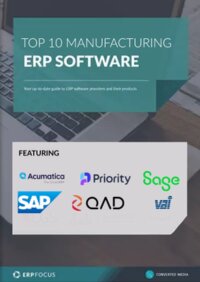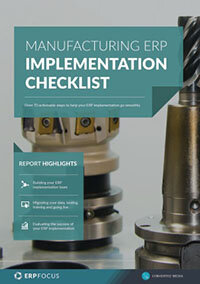ERP & Logistics: Optimizing the Supply Chain
Efficient material management is critical for maintaining smooth operations and ensuring timely production. Our ERP system not only tells us what materials we need and when they should arrive, but it also offers advanced capabilities to optimize these processes through logistics ERP software.
While many businesses stop at simply ensuring materials arrive on time, there's much more potential to unlock. By leveraging ERP for logistics, we can enhance overall throughput, reduce costs, and improve our supply chain's responsiveness.
Instead of just tracking internal inventory turns, it’s time to also focus on external factors—specifically, the speed at which our supply chain operates. To fully optimize our operations, we need to consider three key elements: lead time from our suppliers, their internal production time, and the transit time from their facility to our dock. Logistics ERPs help us manage and optimize these critical components.
Lead time for suppliers
While it's tempting to push suppliers to maintain large inventory buffers to meet our needs, such an approach usually leads to increased costs somewhere along the supply chain. Can we leverage our purchasing power to assist our suppliers in securing materials more easily? Perhaps our engineers could collaborate with our suppliers to align our bill of materials with theirs, using readily available components and materials. Integrating our ERP system with our supplier's ERP can greatly improve communication and information flow, making the entire process more efficient.
How logistics ERP helps with cost reduction and supplier internal production time
Once our supplier has the necessary materials, the next challenge is how quickly they can convert these into the products we’ve ordered. Can our world-class industrial engineers and optimized routings in our ERP system assist in improving our supplier’s processes? By sharing our expertise and utilizing logistics ERP software, we can help our suppliers enhance their efficiency, which in turn benefits us by reducing lead times and costs.
What are the benefits of ERP for logistics in managing inbound transit times?
After production, the next critical phase is optimizing the transportation of materials from our supplier to us. Which modes of transportation should be used? How can we minimize delays at customs or distribution centers? These are crucial questions that logistics ERP can help answer. Optimizing transit time becomes even more critical for perishable or time-sensitive materials.
From an accounting perspective, these materials may not belong to us yet, but they are still our responsibility under contractual agreements. Is your current ERP for logistics providing you with enough visibility into these materials? Optimizing this segment of the supply chain can make us more agile, reduce overall costs, and shorten the length of our supply chain—bringing us closer to a future where materials are available almost as soon as we need them.
Free white paper
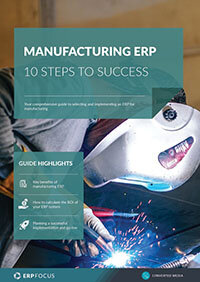
Manufacturing ERP: 10 steps to success
Complete step-by-step guide to manufacturing ERP software
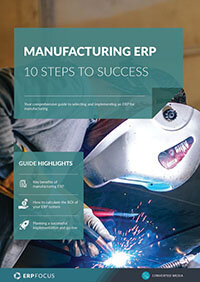
Featured white papers
Related articles
-

Distribution ERP vs WMS: which suits your needs better?
Distribution ERP vs WMS: be clear on the differences with this guide
-

CMMC Compliance: What Aerospace and Defense Manufacturers Need to Know
Key insights on CMMC compliance, deadlines, and securing DoD contracts with CMMC 2.0 certificatio...
-
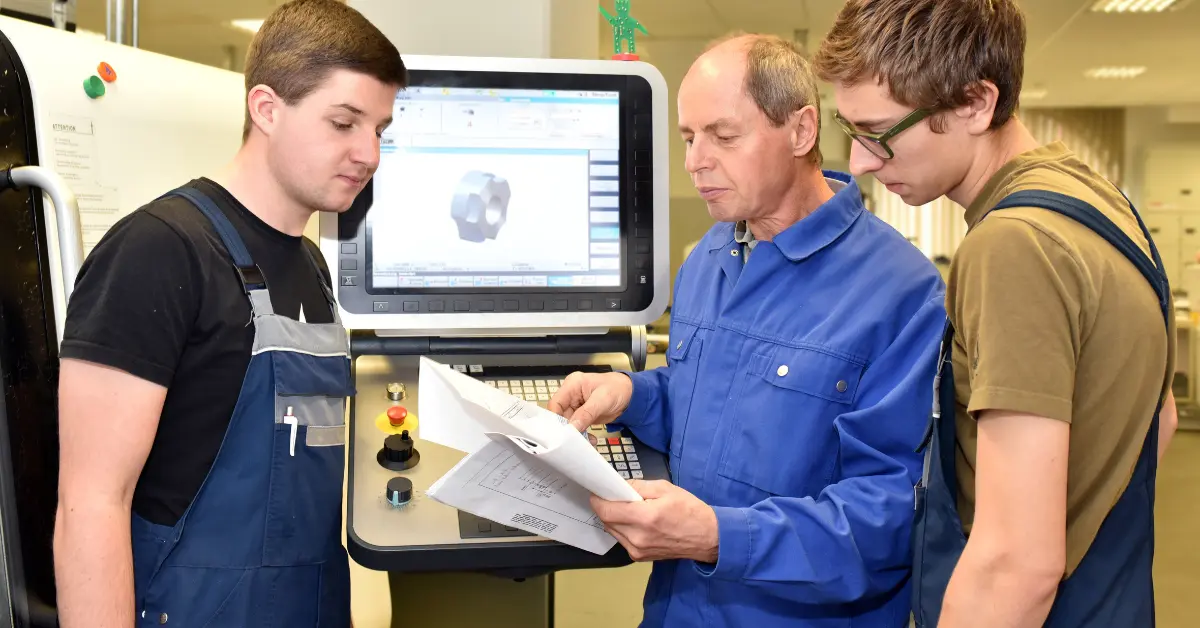
4 training tips for manufacturing ERP success
These four training tips will help your employees get the most out of your new manufacturing ERP ...


